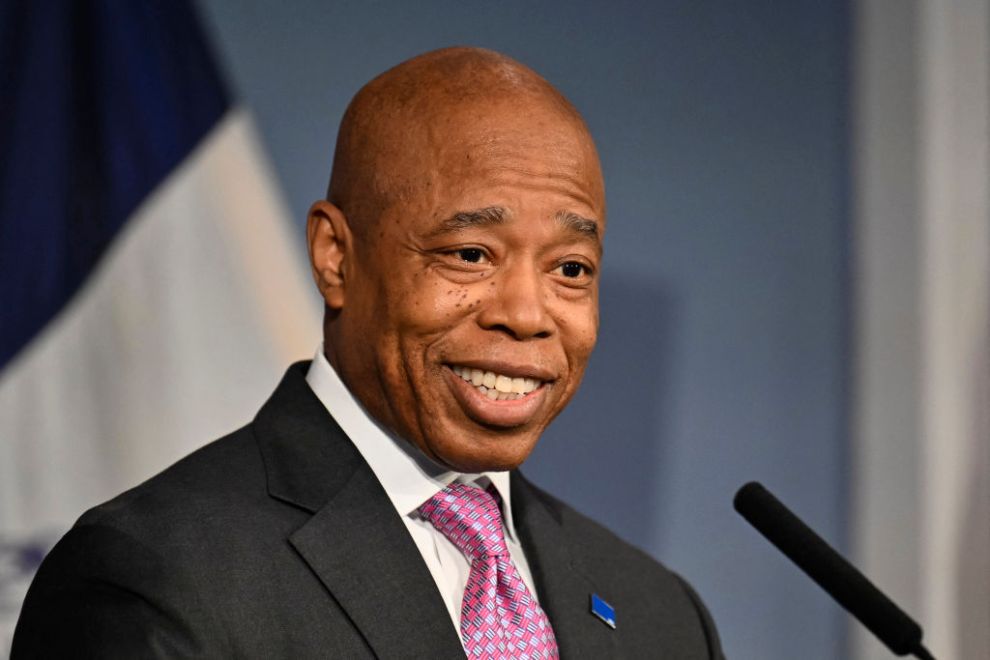Many low-income New York City tenants may see another rent increase, due to the Mayor Adams administration’s new plan.
As reported by Gothamist, New Yorkers who use the city assistance voucher, CityFHEPS, may have to pay 40% of their income toward rent in their sixth year of eligibility, changing from the current rate of 30%. This change is an attempt to “curb the housing program’s rising costs and would apply to tenants with jobs who renew their vouchers after an initial five-year period.”
However, tenants who have these vouchers and are using 30% of their income to pay rent are considered to be “rent-burdened.” Many fear that the increase would put a lot of people are risk of becoming homeless. This proposal is also a part of a package that will include a program that will help pregnant women who are entering the city shelter system and a grant for landlords to renovate empty apartments so that the apartments can be leased to people with vouchers.
Department of Social Services:
The Department of Social Services explains that CityFHEPS “is the country’s largest city-funded housing voucher program and helps 52,000 low-income families and individuals pay their rent.” However, city officials are worried that the program’s costs are causing its expansion, and it is expected to cost more than $1.2 billion this fiscal year as more households are using the vouchers.
Molly Park, the Department of Social Services Commissioner, said that the change is necessary to keep the program running. “It would be devastating for all of us if we didn’t have CityFHEPS, which is why the city needs to run it in a way that is responsible and prioritizes this resource for the most at-risk New Yorkers,” she said in a statement. “Taking a financially sustainable approach is better than having to make harder decisions down the line, which could impact extensions or the issuance of new vouchers.”
Many critics of this new proposal believe that the increase will not benefit the families and could backfire on the city. Christine Quinn, president and CEO of the family shelter Women In Need (WIN), said, “It’s financially risky and morally bankrupt.” She continued, “It’s assuming a formerly homeless person’s income is going to go up 10% or more. You’re going to have a significant number of people who can’t pay that, meaning they’re going to go back into shelters.”
What are your thoughts on this?

